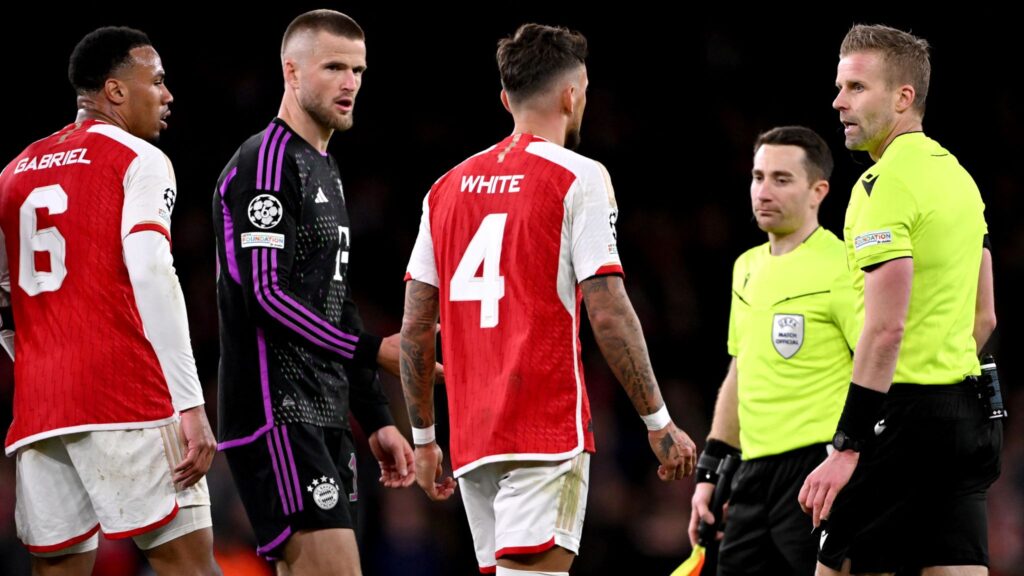Arsenal’s upcoming showdown with Bayern Munich highlights just how dramatically Europe’s football landscape has shifted over the past decade. Ten years ago, Arsenal were routinely humbled by the German champions, suffering a pair of brutal 5-1 defeats in consecutive Champions League campaigns. Those nights reflected a deeper malaise: English teams were struggling to keep pace with Europe’s elite, with only a handful making it past the Champions League round of 16 across several seasons.
Fast-forward to today, and the contrast could not be sharper. Arsenal are now considered the best team in Europe by Club Elo ratings, with Bayern sitting third. Even more striking is the dominance of the Premier League within the rankings, where 12 of the top 20 sides now come from England. The transformation has been swift and decisive, fuelled by investment, smarter recruitment, and improved player development.
The Premier League’s depth is part of what makes its clubs so formidable. Data modelling suggests that top English teams like Arsenal and Manchester City would win significantly more matches if they were competing in other European leagues. Their expected win rates would jump by 9% in La Liga and between 13% and 15% in the Bundesliga, Serie A, or Ligue 1. A club projected to finish with 86 points in England might surpass 100 points in Italy or nearly reach triple digits in Spain. Compared with European champions of recent seasons—Barcelona with 88 points, or Bayern and Napoli with 82—the gap underscores the Premier League’s growing competitive edge.
Money is an undeniable factor. English clubs have attracted elite players and managers while also improving their internal structures. The Elite Player Performance Plan has enhanced academy output, ensuring a steady stream of technically adept and tactically smart young talent. The result is a league that is not only richer, but genuinely stronger at every level.
Yet even with the Premier League’s intensity, questions linger about whether teams in “easier” leagues—such as PSG or Bayern—benefit from being able to rest and rotate players more frequently. Evidence is mixed. While PSG rotated heavily during their domestic campaign before lifting the Champions League, historical data shows no clear link between domestic dominance and European success. Ultimately, squad quality and smart spending appear to matter more than league difficulty.
Arsenal’s meeting with Bayern is therefore more than a high-stakes European tie. It is a symbol of how far English football has come since 2015—and how the balance of power in Europe has tilted in favour of the Premier League.

